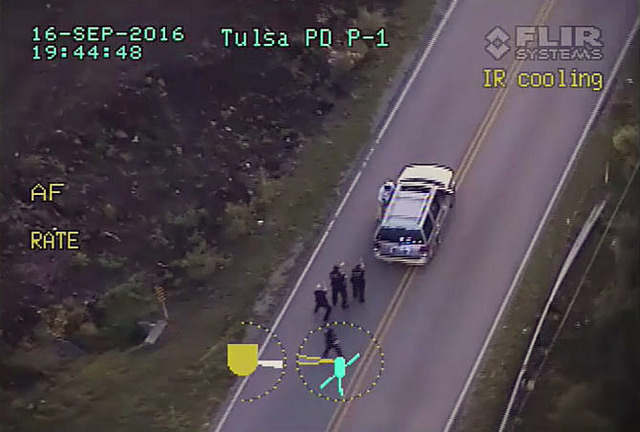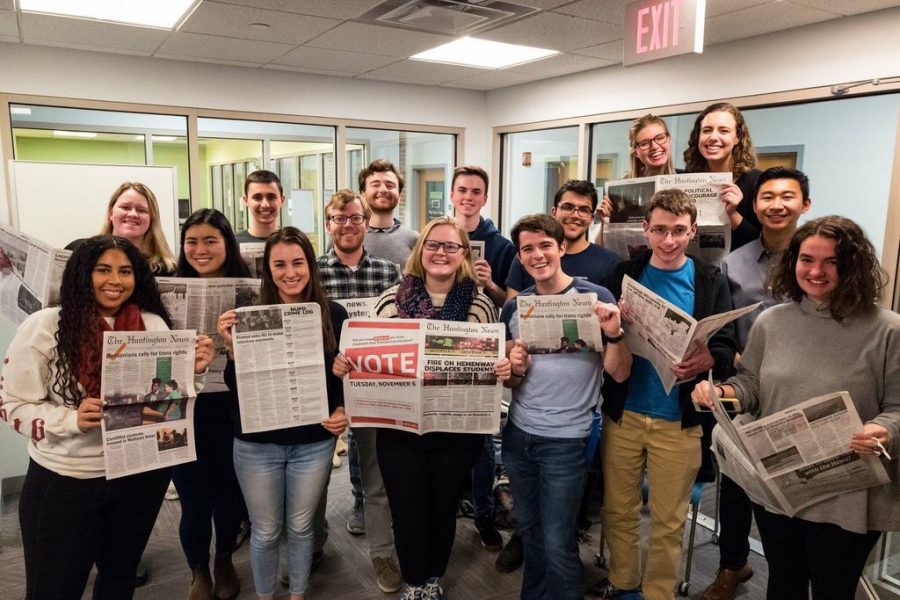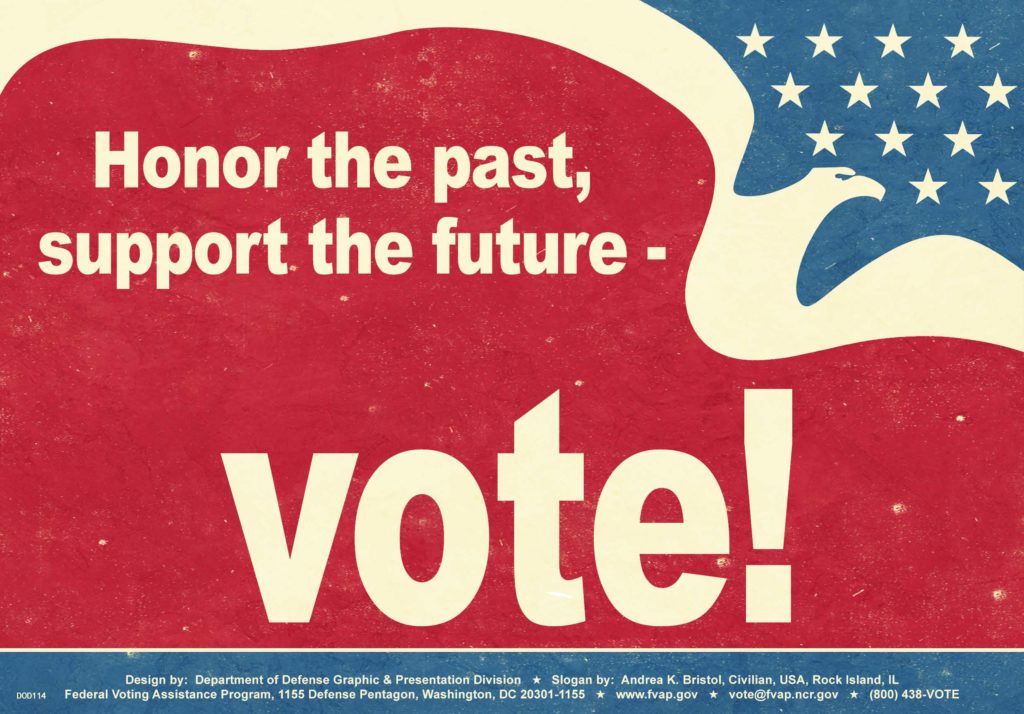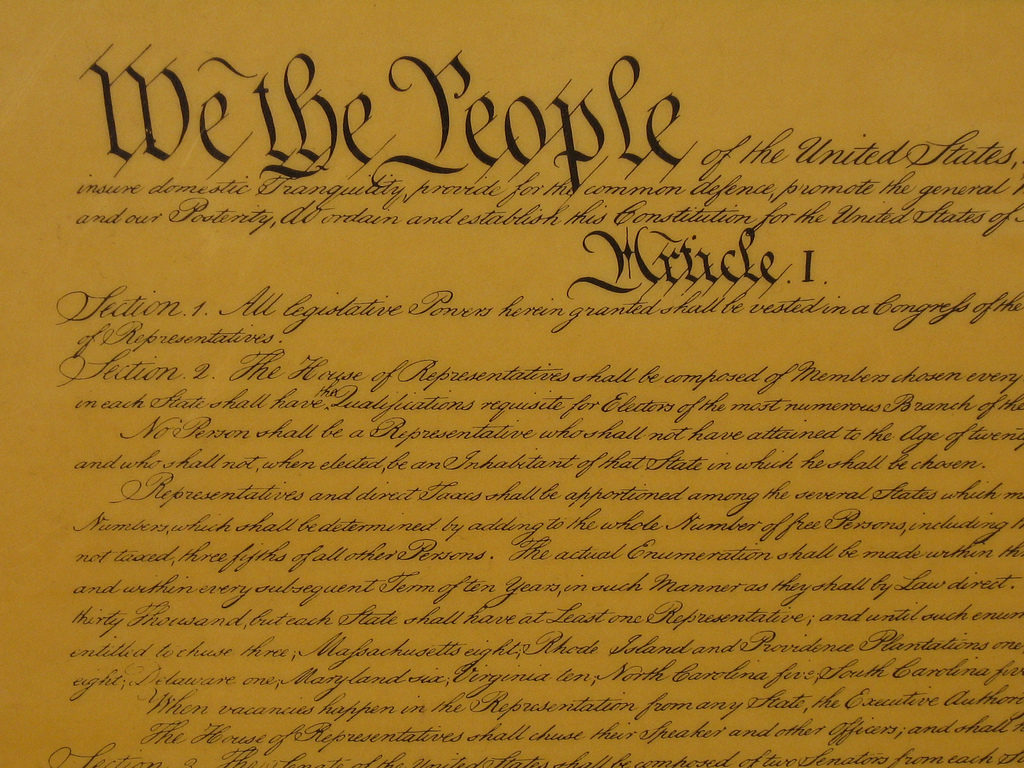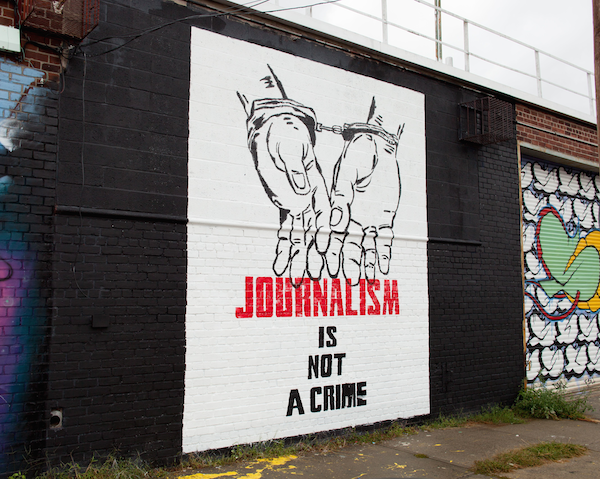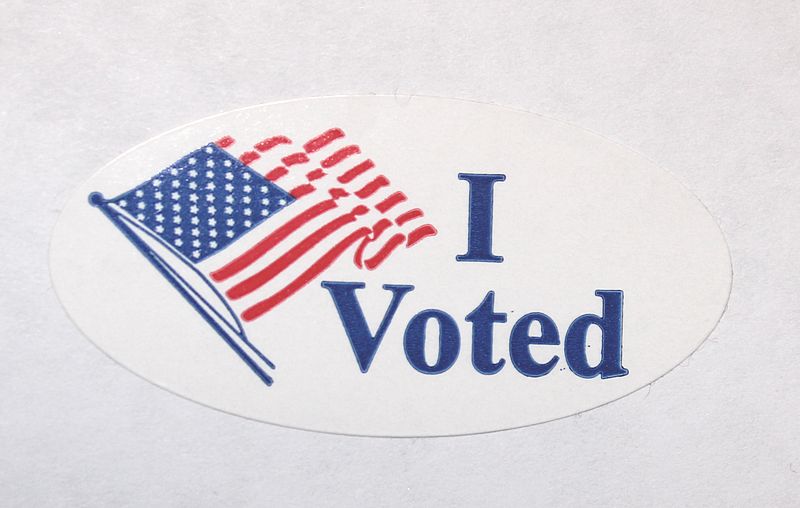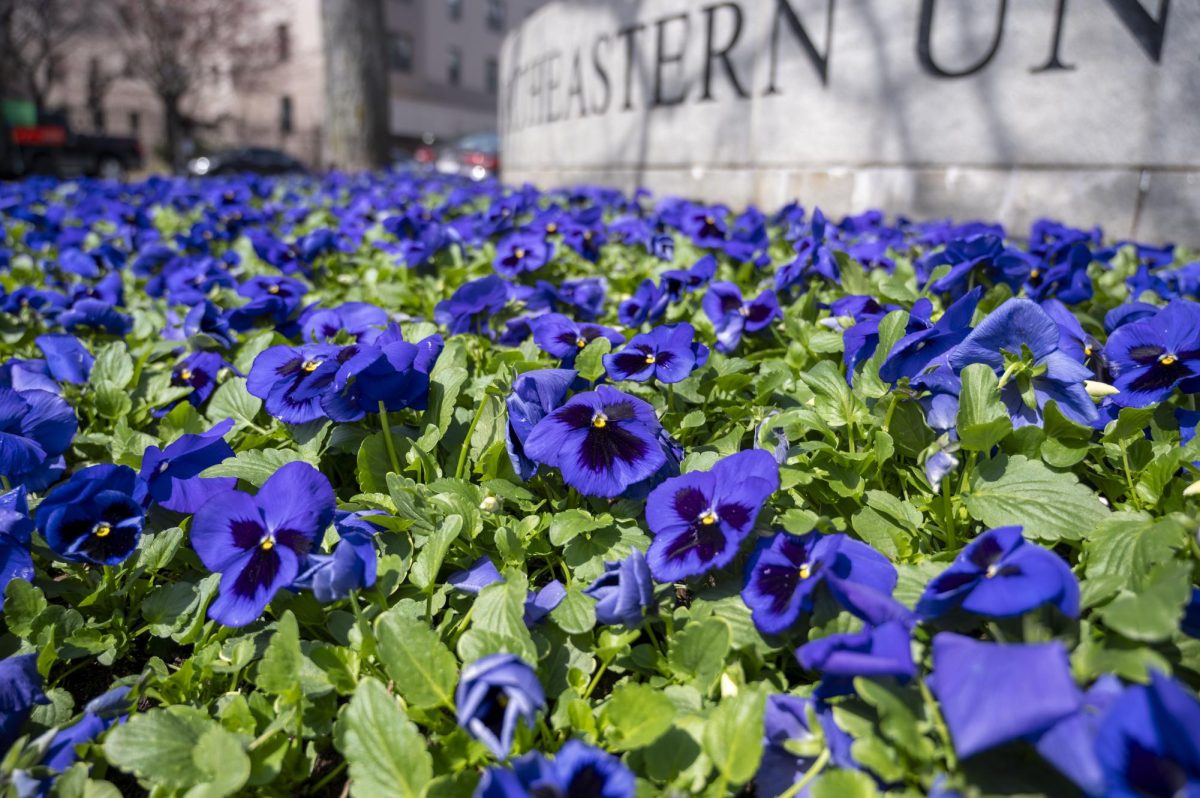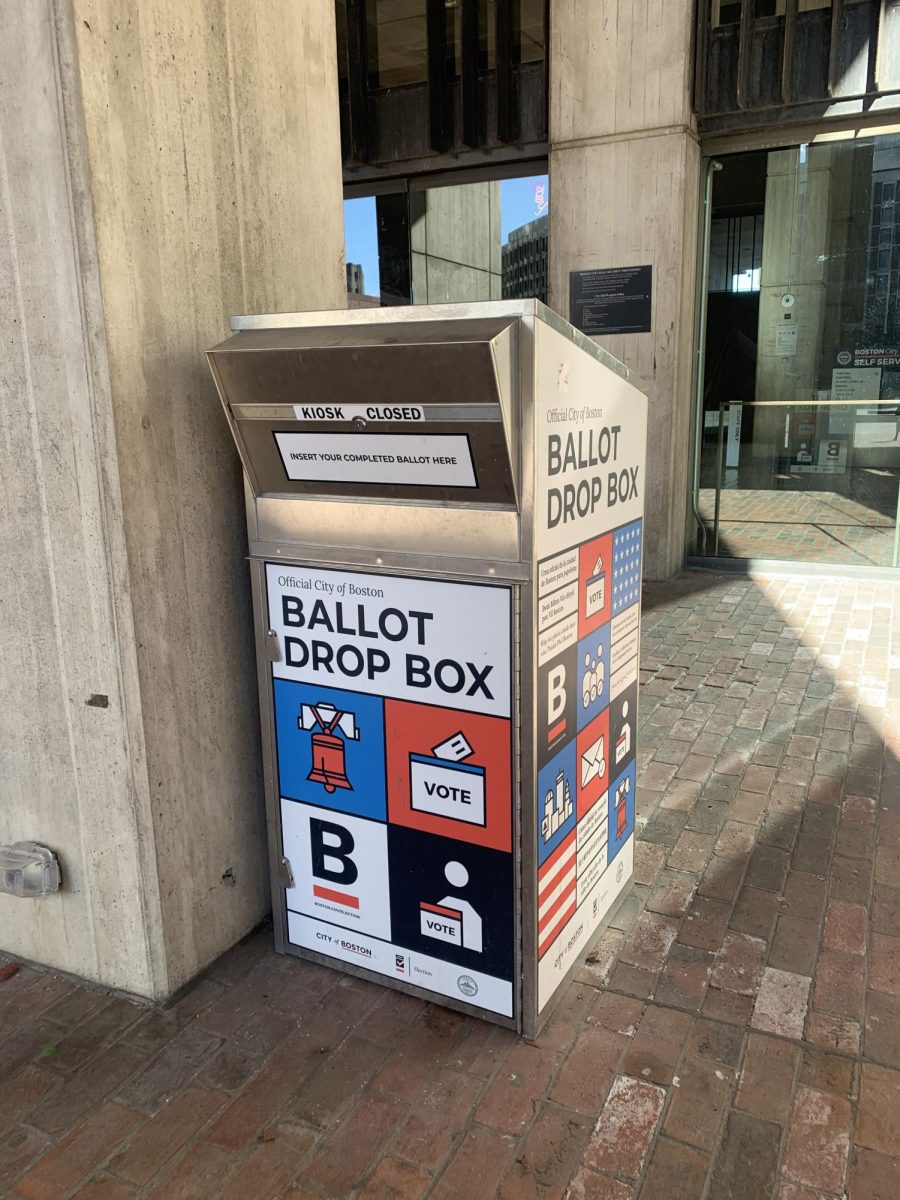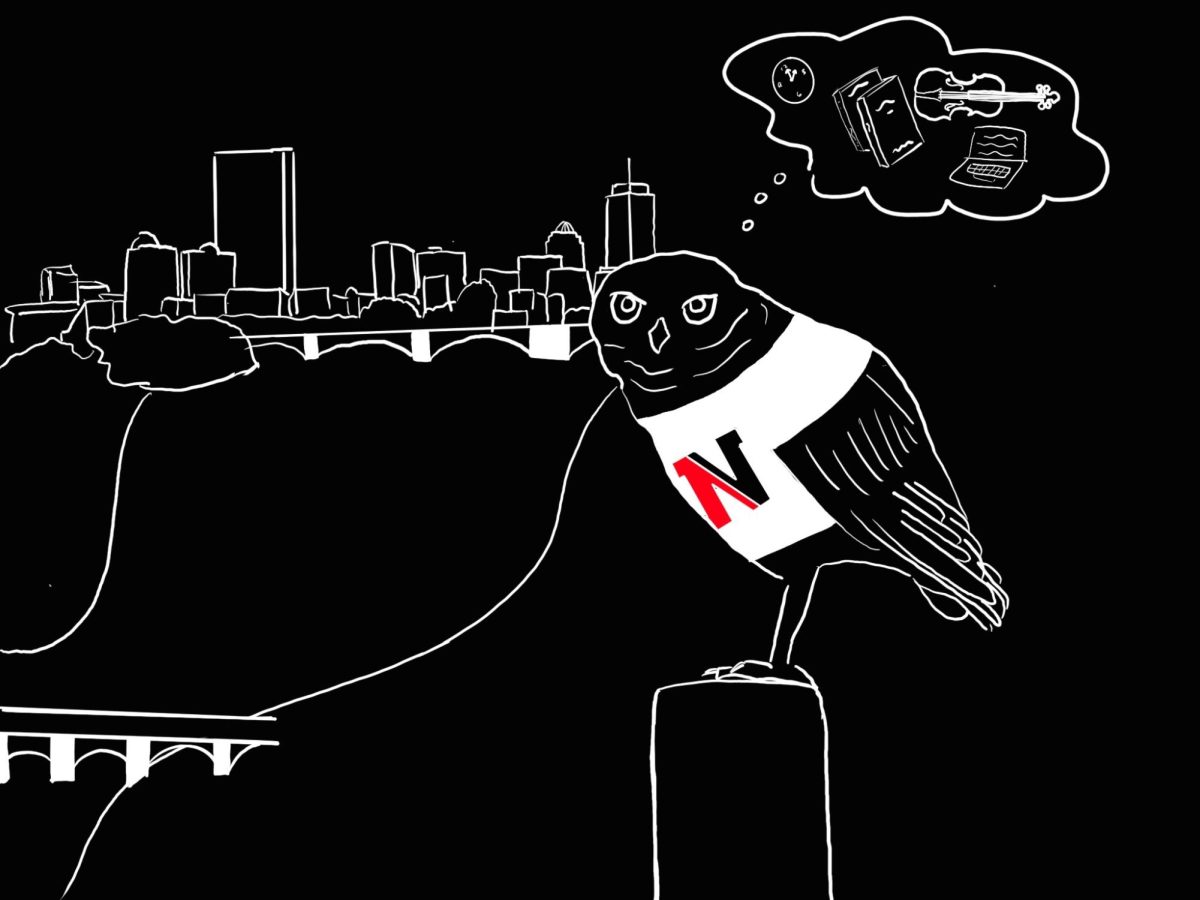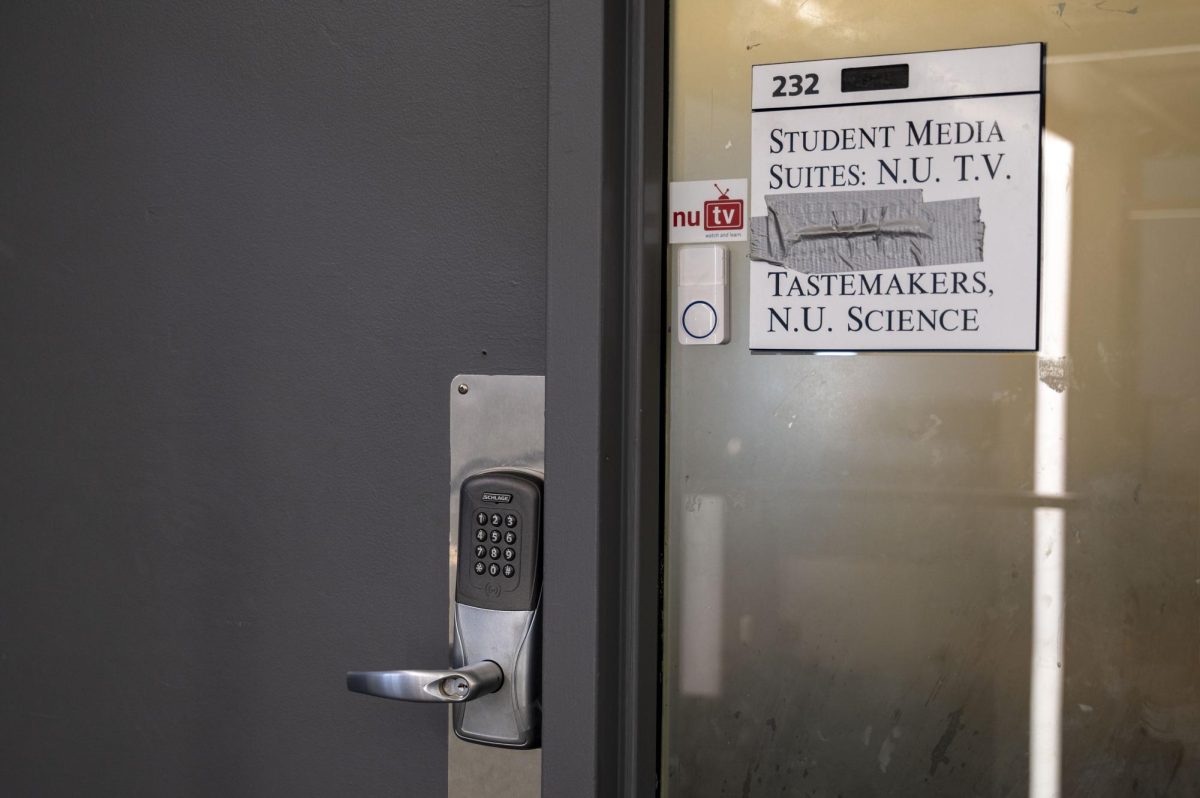Another young black boy from Ohio, “armed” with nothing but a BB gun, was fatally shot by a white police officer on Wednesday, Sept. 14.
Another.
Autopsy reports suggest that more likely than not, 13-year-old Tyre King was running away when he was shot by Columbus, Ohio police officer Bryan Mason. Michigan medical examiner Dr. Francisco Diaz noted that King suffered gunshot wounds to the temple, collar bone and left flank – any of which alone could have killed him.
One hundred and twenty-six miles away and less than two years earlier, Tamir Rice, a black 12-year-old boy, was fatally shot by a white Cleveland, Ohio police officer, Tim Loehmann, on Nov. 22, 2014. The killing bullet was fired into his abdomen at point-blank range.
While scores of people mourned the loss of King’s young life, some officers in the Columbus Police Department defended Officer Mason.
“[Mason is a] really, really good officer,” Jason Pappas, president of the Fraternal Order of Police Capital City Lodge No. 9, told the Columbus Dispatch. Pappas, who is white, added that “officers do not have the luxury of knowing if it’s a real gun or not.”
Columbus Mayor Andrew J. Ginther, meanwhile, partially blamed King’s killing on his possession of a BB gun designed to replicate a real firearm. Ginther is white.
“Why is it that a 13-year-old would have nearly an exact replica of a police firearm on him in our neighborhoods?” Ginther said. “An eighth grader, involved in very, very dangerous conduct, in one of our neighborhoods.”
This is the issue: A 13-year-old black boy was killed by a police officer, a person sworn to protect and serve his community, and he was immediately blamed for his own death. The problem is not replica guns. The problem is law enforcement’s complete unwillingness to de-escalate situations like King’s. The problem is that American police forces are giving guns to racist officers. “Shoot first, ask questions later” is not an acceptable mantra when individuals’ lives are on the line.
Last June, when now-22-year-old white supremacist Dylann Roof allegedly murdered nine black parishioners at Emanuel African Methodist Episcopal Church in Charleston, South Carolina, officers found him with a gun in his car. Roof had been driving for 16 hours, presumably fleeing the scene of the atrocious crime. Despite this, the police officers did not shoot him on the spot. They did not give in to a knee-jerk reaction. They, apparently, did not think they were in danger, so they saw no reason to shoot.
According to the Charlotte Observer, one officer bought Roof Burger King. Because “he was hungry.”
Fast-forward to a couple of days ago, to another tragic situation caused entirely by the actions of law enforcement officers. On Sept. 16, 2016, a black man, Terence Crutcher, was fatally shot by a white Tulsa, Oklahoma police officer, Betty Shelby. He was unarmed and had his hands in the air.
According to video footage recorded by a police helicopter and a patrol car’s dashboard, Crutcher was walking away, hands raised, from Officer Shelby, who walked behind him with her gun pointed at his back. She was soon joined by three more officers.
Shelby’s husband, Officer Dave Shelby, was in the helicopter with another police officer at the time, discussing the situation below. The second officer said of Crutcher, “That looks like a bad dude, too.”
Moments later, Terence Crutcher was sprawled across the pavement, his shirt stained with blood.
This is how we live. In the U.S., black men are often viewed as naturally more violent and “bad dudes” for doing nothing, while someone like Dylann Roof can get Burger King delivered while he’s being arrested for mass murder. Black boys are viewed as more mature, and therefore dangerous, than they actually are – the original dispatch between Columbus police officers described King as a 20-year-old man. This is the insidious nature of white supremacy.
It is disgusting that police officers have shot and killed 173 black people this year alone. It is disgusting that last year, that number was 258. It is disgusting that black lives are forced into statistics like these, that sons and daughters and brothers and teachers and students and people – real, multifaceted people – are turned into the same headline over and over: “Another black person fatally shot by police.”
No matter the ratio of black fatalities to those of other races by police this year (25 percent), no matter how many white people try to bring up black-on-black crime in discussions of race, no matter how officials misconstrue or deliberately twist the problem to be about replica handguns or gang violence or poverty rather than about inadequate, racist police officers – we have to listen to black Americans when people tell us that they are under siege. We have to believe black Americans when they explain how easy it is to be killed while black in America. We have to give a damn.
Last month, Crutcher’s twin sister, Tiffany Crutcher, celebrated their 40th birthday with him. On Sept. 20, at a news conference, she was talking about his death. Tiffany Crutcher addressed the last comment made about her brother while he was alive – the police officer’s assertion that he was a “bad dude.”
“You all want to know who that big ‘bad dude’ was,” she said in a video published by Tulsa World. “That big ‘bad dude’ was my twin brother. That big ‘bad dude’ was a father. That big ‘bad dude’ was a son. That big ‘bad dude’ was enrolled at Tulsa Community College – just wanting to make us proud. That big ‘bad dude’ loved God. That big ‘bad dude’ was at church singing, with all his flaws, every week.”
Tiffany Crutcher ended by calling upon the name of Black Lives Matter, the now-internationally-known activist organization founded by Alicia Garza, Patrisse Cullors and Opal Tometi as a direct response to the acquittal of George Zimmerman, who fatally shot yet another black boy – 17-year-old Trayvon Martin – on Feb. 26, 2012.
“That big ‘bad dude,’” Tiffany Crutcher said, “his life mattered.”
To get involved with Black Lives Matter, go here.
Photo courtesy of Paladin Justice, Creative Commons







